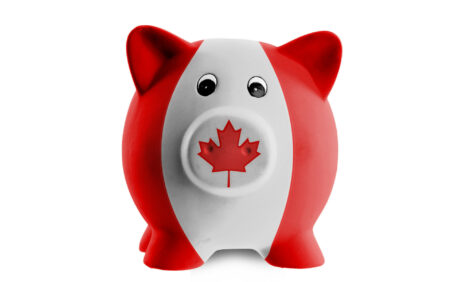



MEPs Vote to Maintain CAP Budget
EU - Voting earlier this week, MEPs called for the Common Agricultural Policy (CAP) budget to be maintained.The European Parliament have called for a strong CAP, which maintains both pillars, with food security remaining the main goal. This was also something which was highlighted by G20 Agriculture Ministers this week who are anxious to avoid “a century of hunger”.
Making the CAP greener
If the EU's agriculture policy is to provide both secure supplies of high quality food and contribute to environmental protection and renewable energy, it must be adequately funded, say MEPs, to give farmers an incentive to use modern, environmentally friendly techniques.
Direct payments to farmers should be more directly linked to "greening measures" (low carbon emissions, low energy consumption). An EU wide incentive system, 100% financed by the EU, should be set up to support farmers who go in for sustainable production methods.
Fairer distribution of EU funding
Agricultural funding should be distributed more fairly among Member States and among different categories of farmers. Parliament proposes that each EU country should in the future receive a minimum percentage of the EU average payment. MEPs agree with a ceiling on direct payments per farmer but emphasise that new rules must take the size, employment record and environmental performance of each farm into account.
To avoid misuse of public money, direct payments should be reserved for "active farmers", i.e. those who actually use their land for production.
Stability: speculation, crisis management and farmers' bargaining power
Fighting speculation in agricultural commodities and extreme price volatility requires a global-level solution, say MEPs, in order to guarantee greater stability for farmers and secure food supplies for wide public. Parliament proposes a worldwide notification system of current states of stocks to counter speculation in agricultural commodities.
The milk market
To guarantee security of milk supplies, MEPs ask the Commission to monitor the milk market and use suitable policy instruments for milk and milk products even after 2015. The current quota system is to be scrapped in 2014.
Copa-Cogeca Secretary- General Pekka Pesonen said “I urge the EU Commission to take note of this when drawing up their budget proposals set to be unveiled next week”.
Mr Pesonen insisted “With the combined challenges of climate change and rising food demand, we cannot continue on the same old path of yet further greening of the CAP which raises farm costs and reduces productivity. We need a new approach with win-win solutions which lead to green growth in line with the EU’s own objectives in its 2020 strategy. We have put forward specific proposals on how to achieve this.
"Agriculture also makes a major contribution to tackling climate change, creating new jobs and supplying renewable energy. In fact, the EU agriculture and agri-food sector provides over 40 million jobs in the EU. It is therefore crucial that the CAP provides a stable framework for farmers through the maintenance of direct payments and measures which ensure well functioning markets and encourage efficient viable farm businesses."








